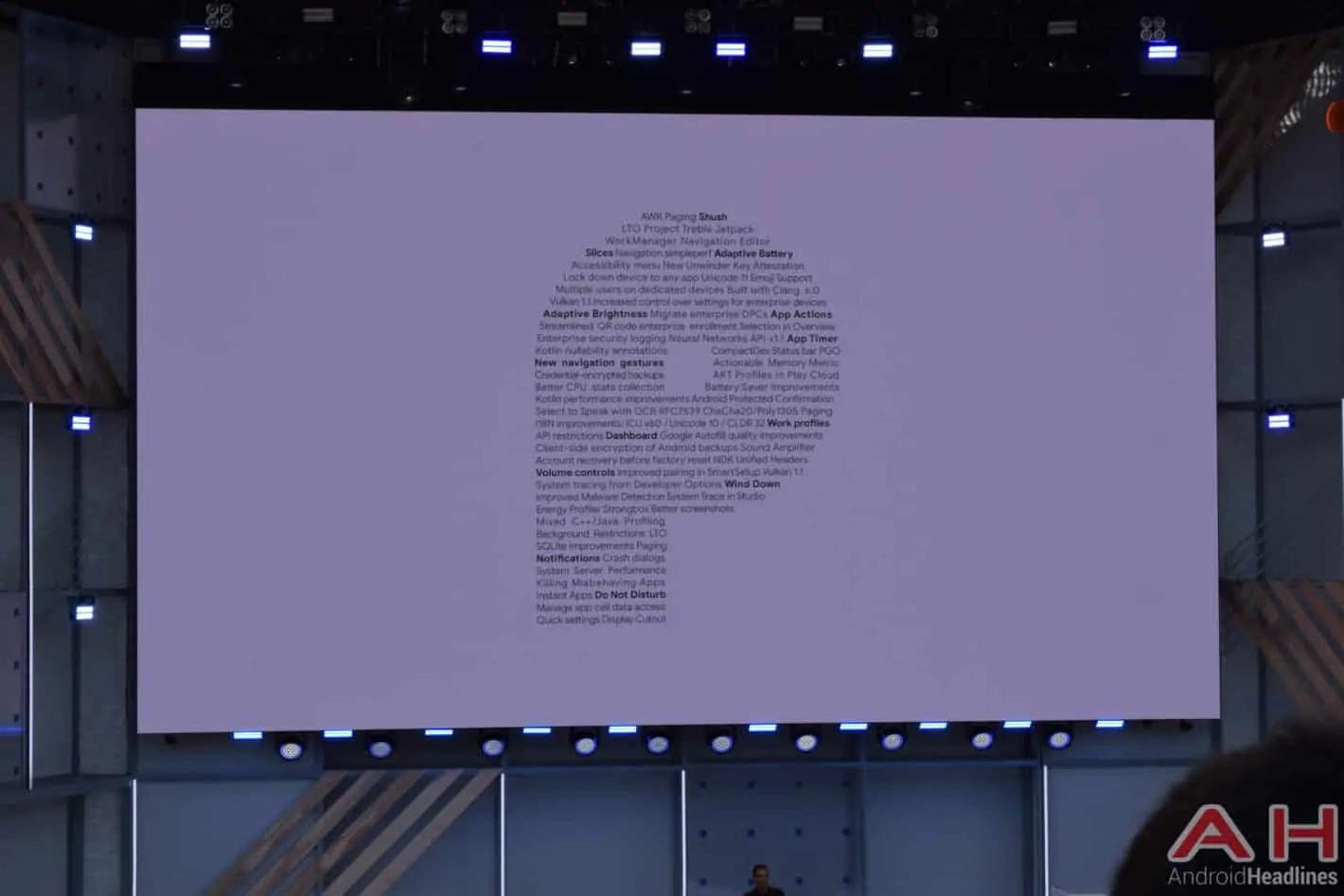Today is the final day of Google’s I/O 2018 developer gathering and the search giant has recently released some new information with regard to how Project Treble is being impacted by Android P. While it may not be the most flashy undertaking by Google, Project Treble is going to be vital to Android moving forward. That’s because it’s intended to solve the persistent problem of fragmentation of the platform by providing a groundwork for getting firmware updates rolled out quickly, with minimal effort from OEMs. Project Treble is required for certification of devices running Android Oreo or newer but Android P takes that to a whole new level.
To accomplish that, the company has gotten together with manufacturers of the underlying silicone at the center of any Android device to co-develop their Board Support Packages (BSPs) to support Project Treble in the AOSP framework. That effectively removes one of the steps for updating Android from Android P onward. In the simplest terms, the implementation will ensure newer AOSP iterations are supported on older BSPs moving forward. That means the company’s supplying the underlying components won’t need to worry about putting effort into getting older hardware ready for new firmware. Manufacturers can simply complete the work of creating the hardware and its code once, whereas they had previously been required to rework things with each new iteration of Android if the silicone was to support new Android versions. That means that Android device OEMs can focus on implementing their own framework additions without waiting when it comes to developing updates, both incremental and major.
With this update to Project Treble in place, Google expects to cut the time from an initial Android version release to its appearance on devices by several months. As described above, that’s due to a reduction in the overlap of firmware development processes. However, updates will still depend on carriers and device OEMs putting in effort on their end. So there’s no guarantee that Google’s new efforts with the project will have the desired results. The goal, so far, has been to limit the effort required from OEMs in order to deliver updates and this effectively eliminates the need to always choose the latest boards – which can be cost-prohibitive. Having said that, it certainly won’t be effective overnight since this all starts with Android P which isn’t expected to be embraced on any significant scale until 2020. For reference, while Android Oreo is now nearing its first anniversary of hitting the stable channel, it’s presently running on less than six-percent of all active Android devices in the world.



